This week, Ryanair announced that they have opened a new maintenance hangar in Nuremberg as well as their winter 2023/24 schedule.
This article will cover the details surrounding Ryanair’s latest announcement for Nuremberg, Germany and its investment in the German city.
n a bid to help support its ever-growing fleet, Ryanair has opened a new maintenance facility at Nuremberg Airport (NUE) in Germany costing €5 million and is set to create 100 new jobs at the airport.
The new facility is 3,700 m² which will have enough space to cater for two of the carrier’s Boeing 737s side-by-side. It will also help support the Irish carrier’s fleet which is set to grow to over 600 aircraft by 2026 and over 800 aircraft by 2034.
Alongside the new maintenance facility, Ryanair has launched its new winter 2023/2024 schedule for Nuremberg with 14 routes including one new winter-sun destination, Lanzarote. The carrier will also increase frequencies on its routes to Alicante, London, and Tenerife. The carrier’s Chief Operations Officer, Neal McMahon, has said, “We are pleased to announce the opening of our new aircraft maintenance facility at Nuremberg Airport. This new €5 million operation will create 100 highly skilled jobs for the Nuremberg region, including licensed engineers, mechanics and support staff who will support the maintenance of the Ryanair fleet, as we grow to over 2026 aircraft by 600 and 2034 aircraft by 800.”
“We also announced today our 2023/2024 winter flight schedule for Nuremberg, which includes 14 routes, including a new winter sunshine route to Lanzarote. Regrettably, this schedule is only a fraction of what it could have been (-17% compared to winter 2022) due to excessive taxes and security fees in Germany, which the government plans to increase even further from January 2024.”
“This is a completely backward-looking approach for a country that, at 77%, lags far behind other EU countries, most of which have all returned to pre-Covid levels of air traffic.”
“Ryanair calls on the German government to immediately abandon its plan to further increase the already excessive aviation security levy, which will have a negative impact of up to €8.5 billion on the German economy and burden German families and travellers with even higher fares, and instead incentivise low-cost airlines such as Ryanair to boost traffic recovery and economic growth; as Ryanair has done in other EU markets such as Spain, Italy and Poland.”

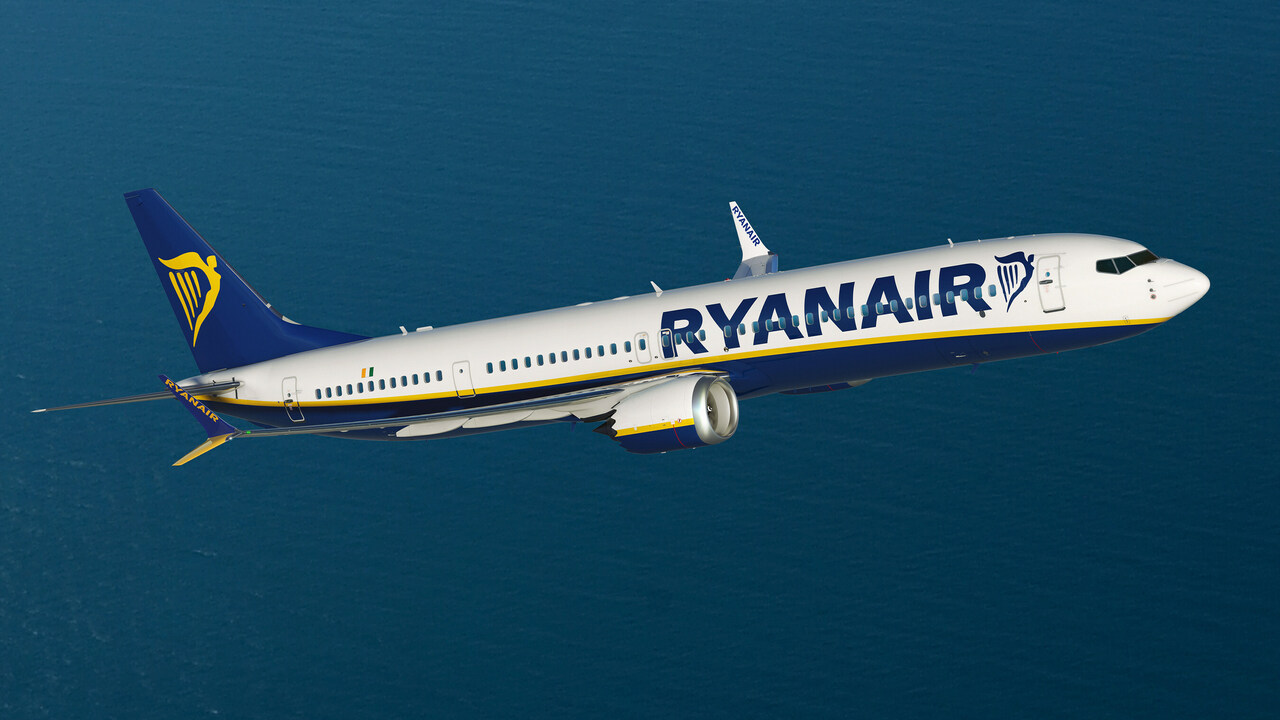
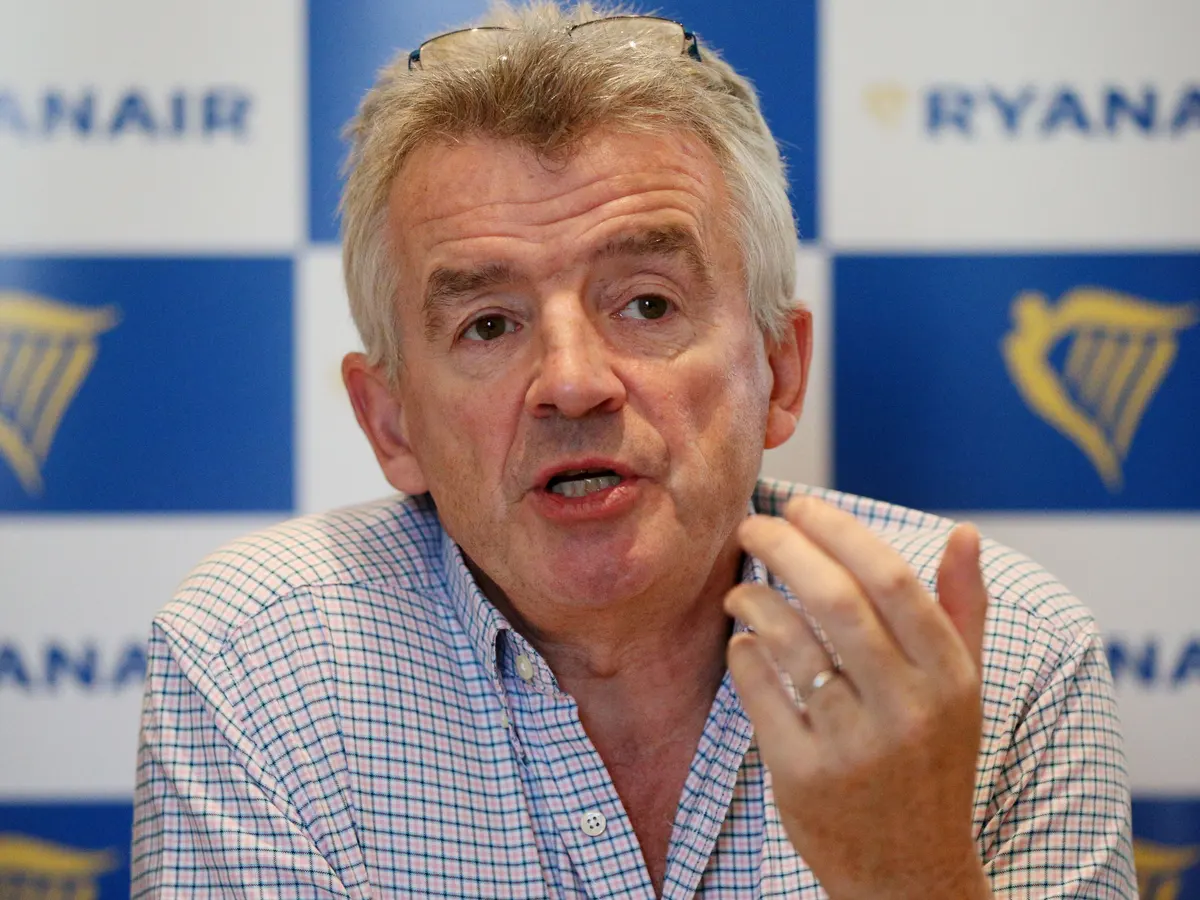
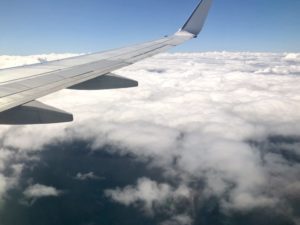
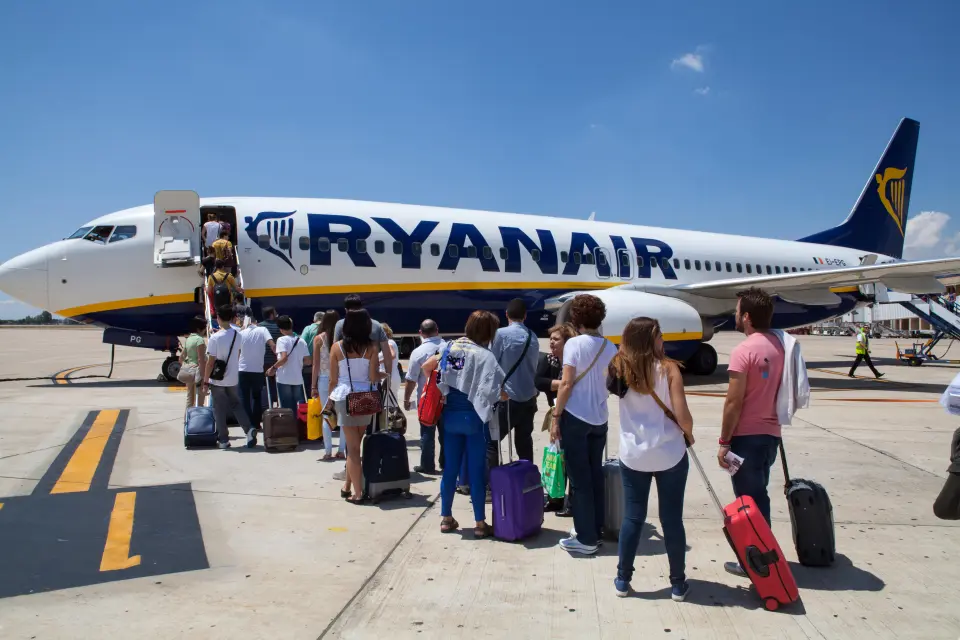
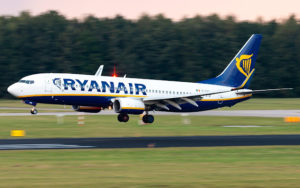

Be First to Comment